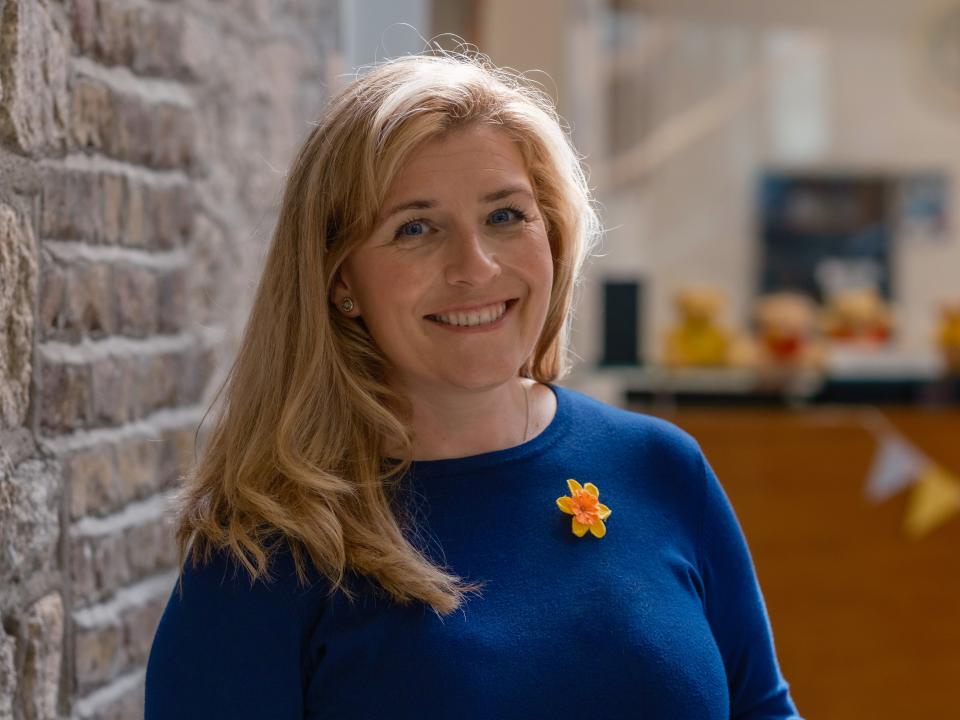Clinical trials for children
Clinical trials for cancer aim to find better treatments and improve outcomes for patients.
What is a clinical trial?
A clinical trial is a study of a treatment. Cancer clinical trials are done to find new and better treatments for cancer. Some studies look at new drugs; others look at drugs that have been used for a long time to see how well these drugs work in different combinations. Trials can also look at other forms of treatment, such as surgery or radiotherapy, or quality of life.
Children in Ireland most often take part in trials that compare a new drug or combination of drugs against the standard treatment at the time to see which works best. Patients may be picked by chance by a computer in the trial centre (randomly) to receive either standard treatment or the new treatment. This is called randomisation and may happen at different points along the treatment protocol.
Each trial will have clear guidelines about which patients are suitable to take part. This might include the type of cancer, the age of the patient and the stage of the disease.
If there is a suitable clinical trial, your child's consultant will ask for your consent to allow your child to take part. You are free to refuse and this will not affect your child’s care. You are also free to withdraw from the trial at any time without your child’s care being affected.
Making a decision to take part in a clinical trail
You will be given an information sheet with details of the treatment and any possible side-effects.
A research nurse or another member of the team will be available to explain the trial in more detail, talk through anything that is not clear from the information sheet and answer any questions you have.
- Your child may have a new treatment that proves better than the standard treatment
- Trials are run very carefully with a focus on safety
- Taking part in a trial helps researchers to develop better treatments for children with cancer
- Your child may have more hospital appointments
- Your child may need more tests
- The new treatment may not be better than the standard treatment.
- There may be side-effects, but your child will be closely monitored for these
- Your child will be officially entered on the trial (registered with the trial co-ordinators)
- If it is a randomised trial, the trial co‐ordinators will let your child’s consultant know what your child’s treatment will be - the new treatment or a standard treatment (treatment is picked randomly by the computer)
- Your child’s consultant and research nurse will explain the treatment plan to you
- Information for trial forms is collected by the data managers
These steps will be done quickly, so there is no delay in treatment starting.
Tumour and blood samples for research
Many blood or bone marrow samples or tumour biopsies are needed to make the right diagnosis. You may be asked for your permission to use some of your child’s samples for research into childhood cancer. If this happens, you will be asked to sign a consent form. Some samples may be frozen and stored for future use, when new research techniques become available.
The research may be done at the hospital where your child is being treated, or it may be at another hospital. This type of research takes a long time, so you are unlikely to hear the results. The samples will be used to increase knowledge about the causes of childhood cancer and its treatment. This research will hopefully help future children with cancer.
For more information about clinical trials see cancertrials.ie You can also see clinical trials information for children of different ages from the Irish Platform for Patient Organisations, Science and Industry (IPPOSI).
Related links


Talk to a Cancer Nurse

Support Line
In-hospital support

